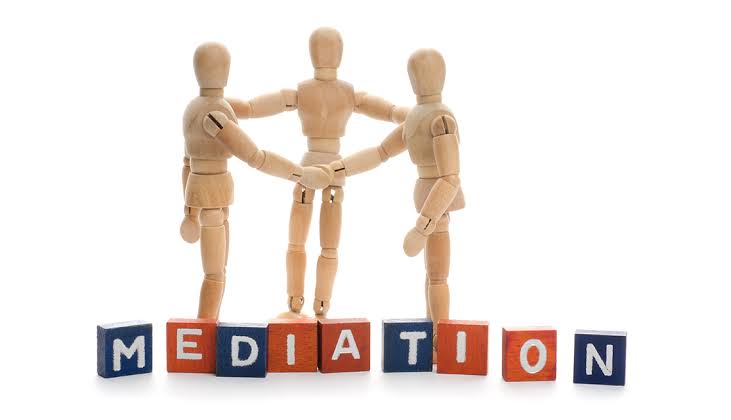DHRUTI KAPADIA, PHD STUDENT AND MEDIATOR
26th July, 2024
How you behave with human beings also depends on how your culture weaves in you and how stakeholders’ culture in disputes brings spark in the mediation process. It is relevant to how you adapt to socially connected resources that impact resolving disputes.
The whole mechanism of mediation is entirely processed with the stakeholder’s culture benefits as culture shows gestures and acceptance to somebody and non-acceptance to somebody else. Therefore, from which state you belong, which region you fall in, and from which country and your nationality can also be a vivid point in deciding your adaptation of the mediation mechanism.
Any disrespect and offers that can disturb the inbuilt beliefs of an individual or a stakeholder while the negotiation or the mediation process is ongoing would mean that you are breaking the shield and letting this pain of disputes aggregate rather than reducing it. It’s more on the mindset and personality of stakeholders that would mean the mediator would have to be very careful and would have to scrutinize who belongs to which nation and what usually is the way they greet each other because if the perfect greetings start, then the ideal conversation is much closer and accessible.
The sensitivity is so profound that forgiveness only comes if one understands what is accepted and what is not and how the whole process can proceed forward for a goal point of settlement. If cultures into cultures and multi-cultures have to mingle in the mediation process, it becomes complicated for the mediator to control our situation where the volcano of sensitivity shoots up. The parties would want to drop out of the process; therefore, do not let this situation happen. It will be essential that the mediators be watchful and ensure that every culture is well engraved and cumulated in the process without any left-out cases. Cultural sameness is impetuous to communicate and network with each other. It also lays the groundwork for productive mediations and negotiations that arise. It helps limit problems that arise not only from a business or personal dispute but also due to the unwillingness to acknowledge cultural differences.
To stimulate the process and come to a conflict resolution solution via mediation, it reflects heavily on the cultural benefits and cultural ingredients so that the same case studies of cultural benefits can be utilised in further processes if similar kinds of stakeholders are involved in the dispute resolution process, particularly more so in mediation.
There are international parties involved in commercial disputes. There are issues about language and also about greets; therefore, the mediator would be a vital role player in making the parties feel comfortable and welcoming as per their own cultures by reading them in a tone that they would appreciate and making them feel comfortable by greeting them as per his tone which the parties may understand.
Making the parties feel very comfortable in the mediation process would lead to an easy solution, allowing them to give up disputes rather than continue the arguments, as comfort zones can be both mental and physical. For that, appreciation must be whenever the stakeholders want to put out their point, even if not accepted from his point of view.
Mediation is a cultural reflection because it shows how the party behaves and where they belong, and that is how the dialogues are in the process. Also, the conclusive settlement comes forward if a peacemaking option is available. There are some cultures where forgiveness will not be an option. Still, there are some cultures where they can apologise and close it well.
To mediate without understanding the cultures of the stakeholders would be a failure process as culture plays a crucial role in mediating the disputes. The colour sheets of culture always play within and outside the human minds, and that is so deeply engraved in each human being that for a moment, if they have to compromise on culture, they will not be willing to do that, therefore respecting the parties’ cultures and accepting the way it will make mediation process easy.







